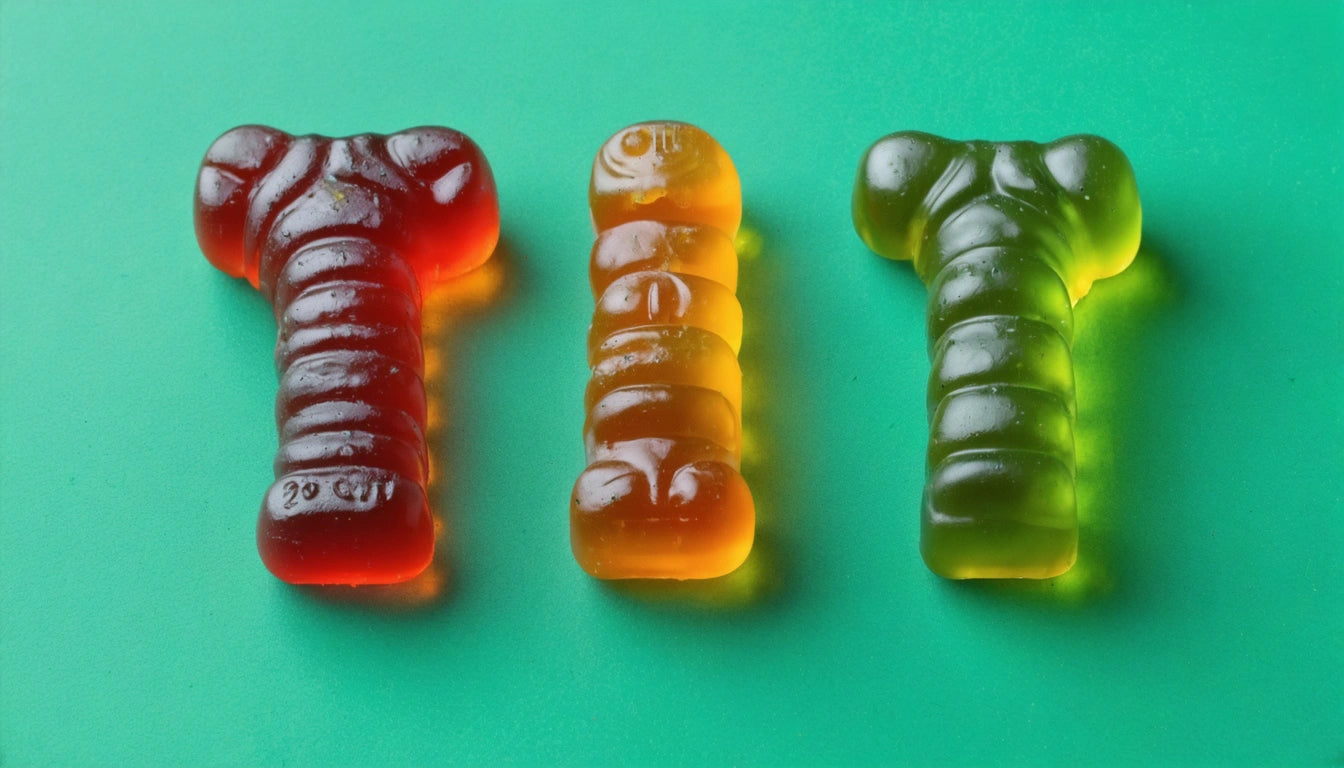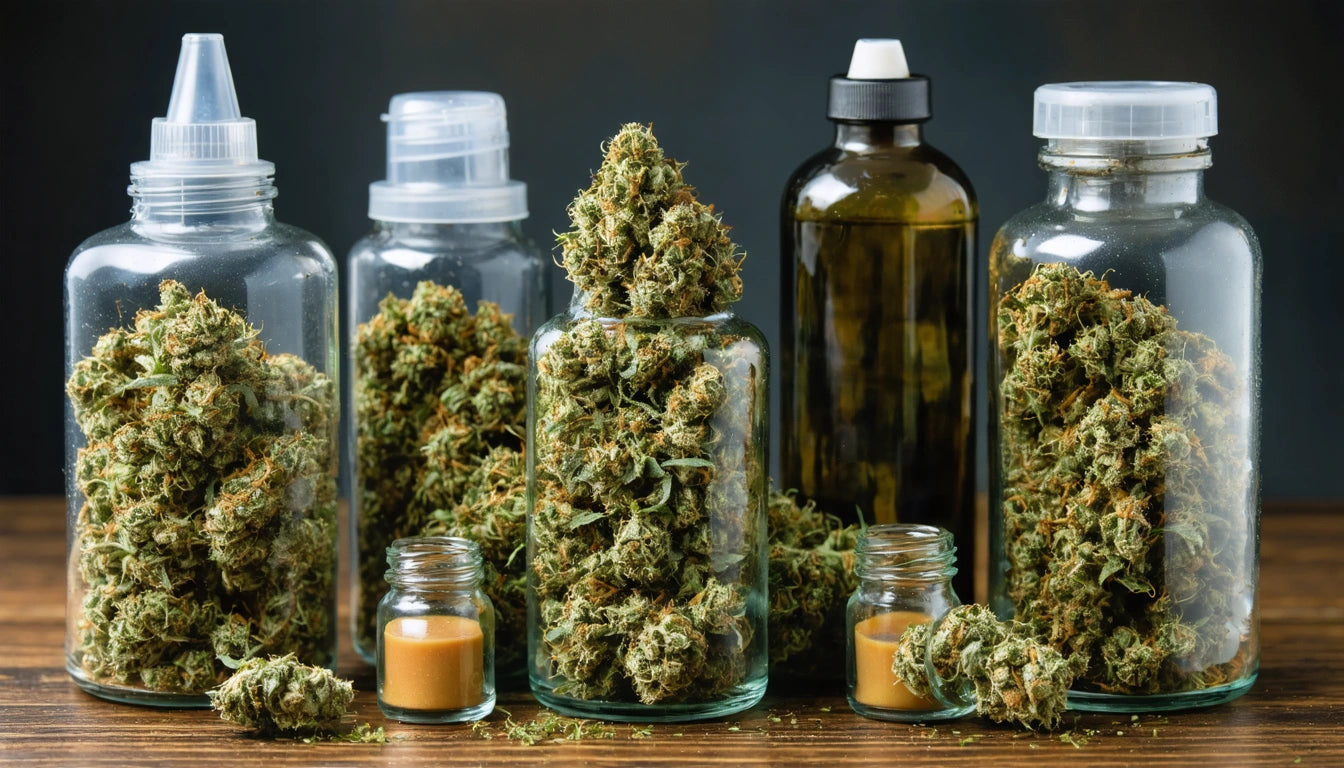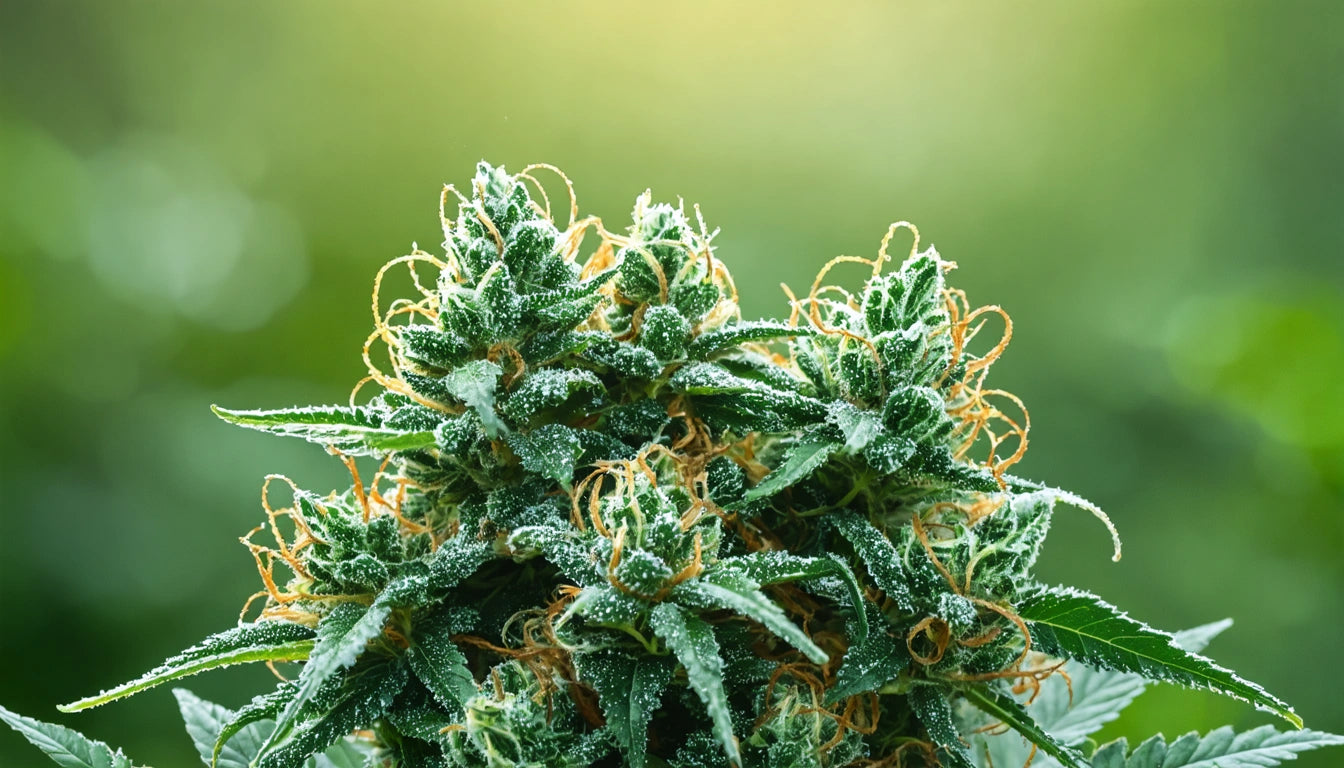Table of Contents
- Do THC Products Expire? The Science Behind Cannabinoid Degradation
- Shelf Life of Different THC Products: From Gummies to Oils
- Identifying Expired THC Products: Visual and Sensory Cues
- Safety Concerns with Expired THC Products
- Storage Best Practices to Extend THC Product Shelf Life
- The Future of THC Product Preservation and Safety Standards
Understanding the Shelf Life and Safety of THC Products
As cannabis products become more mainstream, consumers naturally have questions about their longevity and safety. One of the most common queries revolves around expiration: do THC gummies expire? Does THC oil expire? Understanding the shelf life of cannabis products is essential for both safety and ensuring optimal effects.
Do THC Products Expire? The Science Behind Cannabinoid Degradation
The short answer is yes, THC products do expire. Like most organic compounds, THC (tetrahydrocannabinol) and other cannabinoids degrade over time. This degradation process is primarily influenced by three factors: exposure to oxygen (oxidation), light (photodegradation), and heat.
When THC oxidizes, it converts to CBN (cannabinol), which is less psychoactive but more sedative. This chemical transformation means that while expired THC products might not be harmful, they will likely deliver different effects than intended.
According to research on THC gummy expiration, products typically maintain their potency for 6-12 months when properly stored, though this varies by product type and storage conditions.
Shelf Life of Different THC Products: From Gummies to Oils
THC Gummies and Edibles
The question "do THC gummies really expire?" is common among consumers. Edible products like gummies have two expiration considerations: the degradation of THC and the shelf life of the food ingredients. Generally, THC gummies last about 6-9 months when properly stored, though some manufacturers claim longer periods.
THC Oils and Tinctures
When it comes to the question "does THC oil expire?" the answer depends on several factors. Oils typically have a longer shelf life than edibles, often ranging from 1-2 years. The carrier oil used (such as MCT or olive oil) also influences longevity.
Other THC Products
Suppositories, topicals, and other THC products each have unique shelf life considerations. For instance, many wonder "do suppositories expire?" and the answer is yes, typically within 6-12 months depending on ingredients and storage conditions.
Identifying Expired THC Products: Visual and Sensory Cues
Knowing whether your THC products have expired requires attention to several indicators:
- Visual changes: Discoloration, mold growth, or crystallization
- Texture alterations: Gummies becoming overly hard, sticky, or changing consistency
- Smell differences: Rancid or off odors indicating degradation
- Taste changes: Unusual bitterness or unpleasant flavors
If you're wondering "can THC gummies expire without showing signs?" the answer is yes. Some degradation occurs at the molecular level without visible indicators, which is why adhering to expiration dates is important.
Safety Concerns with Expired THC Products
A common question is "are expired THC gummies safe?" While consuming slightly expired THC products is unlikely to cause serious harm, there are several considerations:
First, expired edibles may develop mold or bacteria that could cause foodborne illness. Second, the degradation of THC means effects may be unpredictable or diminished. Finally, rancidity in carrier oils can cause digestive discomfort.
Safety extends beyond just expiration dates. Proper packaging plays a crucial role in preventing accidental consumption, especially by children. Regulatory standards for child-resistant packaging help reduce the risk of accidental ingestion of THC products, similar to safeguards used for medications and household chemicals.
Storage Best Practices to Extend THC Product Shelf Life
To maximize the shelf life of your THC products, follow these guidelines:
- Temperature control: Store in a cool, dry place between 60-70 °F (15-21 °C)
- Light protection: Keep products in dark or opaque containers away from direct light
- Air limitation: Use airtight containers to minimize oxygen exposure
- Humidity management: Maintain relative humidity between 59-63% for optimal preservation
- Cross-contamination prevention: Keep different products separated and properly sealed
According to research on opened THC gummies, once a package is opened, the countdown to degradation accelerates. Consider using humidity packs or vacuum sealing for longer-term storage.
The Future of THC Product Preservation and Safety Standards
As the cannabis industry matures, preservation technology and safety standards continue to evolve. Innovations in packaging, including nitrogen-flushed containers and advanced moisture barriers, are extending product shelf life. Meanwhile, more precise testing methods are helping manufacturers provide more accurate expiration dates.
The question "does THC gummies expire?" will likely be answered with increasing precision as research advances. Consumers can expect more detailed guidance on product longevity, storage recommendations, and safety considerations as the industry develops more standardized approaches to these issues.
For now, the best practice is to follow manufacturer guidelines, store products properly, and pay attention to changes in appearance, smell, or taste. When in doubt about whether a product has expired, err on the side of caution and dispose of it properly.
By understanding expiration factors and implementing proper storage techniques, consumers can maximize the shelf life and maintain the quality of their THC products while ensuring safety remains the top priority.











Leave a comment
All comments are moderated before being published.
This site is protected by hCaptcha and the hCaptcha Privacy Policy and Terms of Service apply.